The Leadership Development Institute (LDI) Fellowships integrate equity-driven leadership development, management skills training and deep community building to guide individual transformation and systems change. The LDI creates the container for Fellows to:
Build understanding and skills in leadership and management competencies
Increase consciousness around power, privilege, oppression and equity
Actively invest in one another’s success
Our goal is to increase the leadership capacity of the out-of-school time field to create more responsive programming, policies and services that reflect the racial, ethnic and cultural diversity of California.
Beliefs that Guide the LDI
Fellows gain mastery of skills when they are given opportunities to demonstrate their competencies and apply learning in their day-to-day work.
LDI develops communities of learners who build from personal, social and political will.
Transformation is a choice, not a mandate. We believe that participants who choose to apply, rather than those mandated, will more likely experience the full benefits of the program.
We are developing the value of mentoring, connections, and relationships that create community among diverse professionals – often times these professional communities don’t include large numbers of people of color.
“ LDI helped me see leadership as a viable path to improving my community and validating my vision for my program. It made me comfortable with the thought that I could be someone who makes a big impact in the institution I work with and the people I work for.”
Major Program Components
Curriculum
Throughout the LDI, Fellows engage in approximately 120 hours of professional development in management and leadership. However, the LDI goes beyond traditional skill building aspects. As a deeply personal process, leadership development starts by exploring one’s own identity and experience in relation to the broader social, political and cultural contexts. An essential, and unique, component of the project is to understand how power, privilege, and oppression manifest in one’s personal and professional life.
Fellows actively invest in one another’s success as they critically explore notions of power and privilege, how systems of oppression exist, and how such systems are perpetuated consciously or unconsciously in their lives, in their work and in their leadership in each monthly session. Through deep reflection and peer coaching exercises, fellows locate areas of strength and opportunities for growth as they address real-time issues in their work and explore pathways for advanced leadership.
The LDI curriculum was developed in partnership with LeaderSpring, a respected leadership development organization that fosters a powerful, equity-driven social sector by strengthening leaders and organizations; developing communities of leaders; and transforming the systems in which they work.
LDI IMPACT
In 2015, CalSAC contracted with Public Profit to conduct a mixed methods evaluation, emphasizing the experiences and opinions of participants in the 2015 and 2016 LDI fellowships, as well as LDI program alumni and their post-fellowship experiences, knowledge, and field engagement. The overarching goal of the evaluation was to help CalSAC understand the programs’ reach and long-term impact.
In 2016, an evaluation report was published that explores the fellows’ reactions, learning, and use of new knowledge and skills, as well as how this impacted their organizations.
Highlights include:
60% of Fellows have advanced in their careers to Executive Directors, VPs, Directors, Managers, School Administrators and Boards of Directors
Fellows see themselves as a model for others – 70% of Fellows mentor other youth work professionals.
All Fellows have used what they learned in LDI to navigate power, privilege, and equity challenges in their work place



